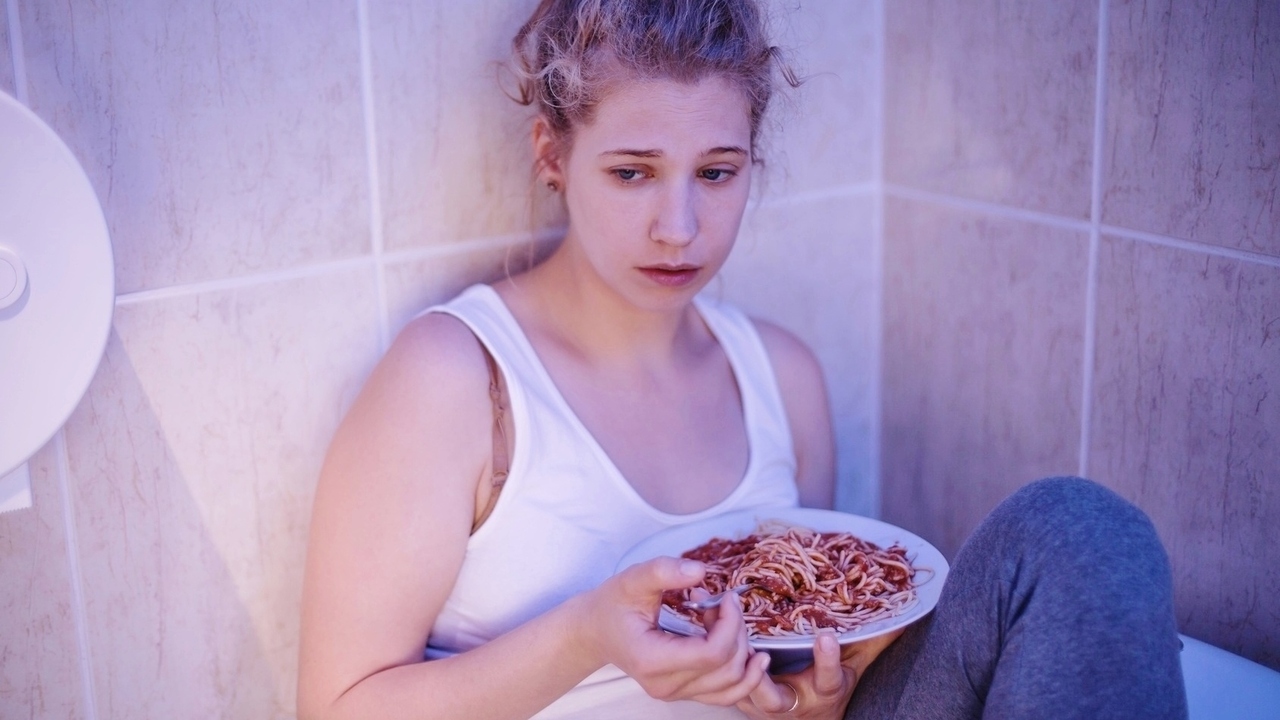When an overweight-adolescent girl starts to diet, as a society, we applaud her and with good reason. We are a fat nation that is getting fatter. And the sad truth is that our children are doing no better. In fact, the Centers for Disease Control confirmed that obesity in adolescents between the ages of 12 and 19 more than tripled during the past twenty years going from a low of 5% to a tragic high of 17.6%. And these are supposed to be the healthiest years of our children’s lives.
So when our adolescent girl (let’s call her Ann) starts losing weight, we praise her because we, as adults, know all the health problems and diseases she will avoid during her lifetime by staying at a normal weight: heart disease, high cholesterol, high blood pressure and diabetes to name just a few. And as parents we never believe that our daughter who loved her junk food would ever in our wildest imaginings end up starving herself.
Soon Ann learns to like the positive attention that comes with her weight loss. Well, maybe not from her parents, but she definitely likes the attention she is suddenly getting from boys. She’s even getting more attention from her girlfriends; she thinks that now they’re a little jealous of her instead of the other way around.
Before long it becomes easier to skip a meal here and there. She tells her mother that she’s late for school and doesn’t have time for breakfast. At school during lunch, she complains about what her mother packed and just nibbles on a piece of fruit then dumps the rest in the trash. She begins to lie to her parents that she’s eaten out or over a friend’s house to avoid eating dinner with the family.
http://www.cdc.gov//HealthyYouth/obesity/index.htm






Add a CommentComments
There are no comments yet. Be the first one and get the conversation started!